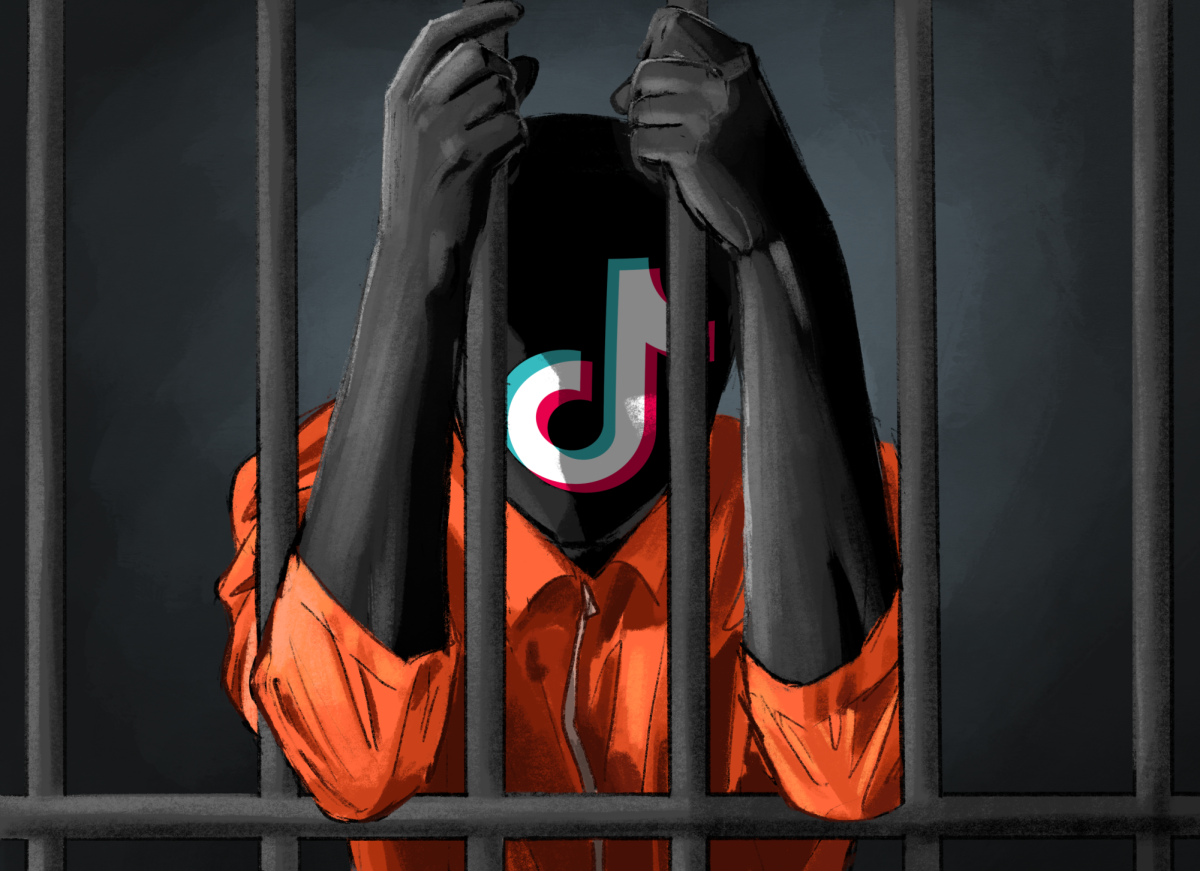In an email sent out on April 19, ETHS administration announced upcoming plans to regulate phone use in the school setting. Starting this summer, students will be unable to access their phones during class time. A variety of measures will seek to prevent disturbance to the learning environment and establish student academic, social and emotional presence in the classroom.
In the email to all students and family members, ETHS stated that the development of these practices stems from concerns surrounding “mental health and academic progress”. Throughout the message, the school referred to research on the negative implications of cell phone usage during classroom instruction, wishing to address the “major concern nationwide”.
The primary new practice centers around phone storage during class time. All classrooms will be required to employ a phone storage unit, where students will be expected to store their cell phones from the beginning to the end of class. ETHS administration anticipates that these new changes in phone policy will create consistency across all classrooms when it comes to mobile devices.
While ETHS insists that these measures limit and not prohibit cell phones, numerous students feel as if the new practices act as a cell phone ban.
“If [phones are] not allowed in the classroom at all, I don’t think [the administration] can’t call it a cell phone ban,” said Elliott Ditchman, a freshman.
Ditchman sees both positives and negatives associated with the policy, as many students do.
“It makes me upset, especially in art class which I actually care about, to see how kids are wasting our time, so addicted to their phones,” she acknowledged.
The new policy could eliminate teachers’ time spent disciplining students who are always on their phones, and she looks forward to this facet of the policy.
For art assignments, Ditchman draws inspiration from her own photos or Pinterest account. In class, accessing that content without her phone will require thinking in advance, and she expects similar troubles in her other subjects as well.
“Everything will be harder, more effort will be needed for the little things,” she said.
Ditchman expects that the policy will hinder certain experiences, like getting sick during the school day. Instead of quickly texting her parents to pick her up, she believes that going to the Nurses’ Office first will be a hassle, taking much more time.
Freshman Chloe Ross shares similar perspectives on the new practices.
“When preparing kids for adult life, I think it’s important to learn self-control regarding your phone,” she said.
By enforcing these practices, the school is actively forbidding students from learning composure on their own.
Ross is doubtful of successful results. She expects drastic pushback as the policy is imposed, and a damper on the attitude going into next school year. As an incoming freshman last summer, the freedom of access to phones in class was exciting. She is disappointed that this privilege will be stripped away, just as it was when she was younger.
“It is frustrating coming out of middle school not being able to have phones and [looking forward to] finally having them, [only to be disappointed again],” said Ross.
Days after the announcement, talk of finding ways around the practices has been popular in conversation. For example, Ditchman recalled a peer’s idea to utilize a counterfeit phone for the phone storage unit in efforts to sneak a real one in class. Ross is familiar with similar dialogue, all conveying the same resentment.
“In general, opinions have been largely negative, [except for] maybe teachers,” said Ross.
The new policy will not only apply for mobile phones, but also for listening technology such as earbuds or headphones. Ross asserted that inaccessibility to music or white noise could be “detrimental” to her productivity in school. She feels the same about the absence of her phone.
“I find it really helpful to have five minutes to go on my phone, check my texts and then go back to work,” she said, underlining her phone’s key role in the classroom.
The new phone practices may seem as if they are fixed, but Ross wonders if there is any room for adjustment to better fit student needs.
“I wonder if [the administration is] going to be at all open to student input on [the phone policy],” she questioned.
At the very least, Ross agrees with some of the arguments in favor of the new policy.
“During tests, for example, it’s justified to take phones. In my Spanish class, I see so many people with their phones out using Google Translate,” she said.
Ditchman and Ross are curious as to how students will react to the new policy once in place. Like many other schools across the country and the world, ETHS proves to be adapting to a technology-dependent society, whether students like it or not.








